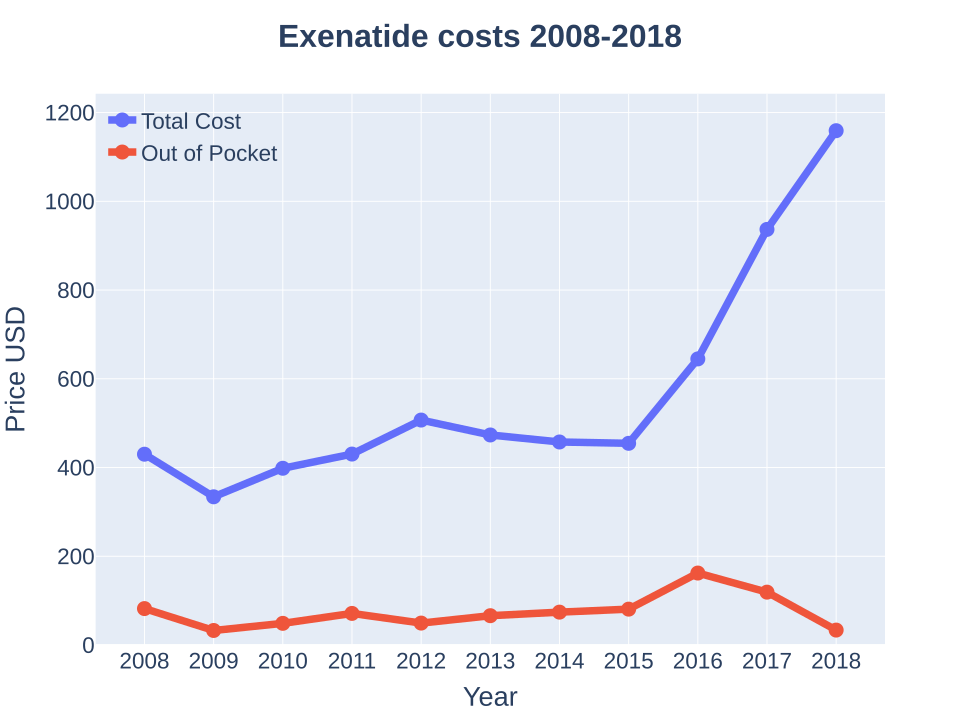Australian Researchers Leverage Genome Sequencing to Combat Superbugs

Researchers at the Peter Doherty Institute for Infection and Immunity in Australia have made significant advancements in the treatment of severe bacterial infections, utilizing genome sequencing to track bacterial evolution in real time. This groundbreaking study, published on June 10, 2025, in the Journal of Infectious Diseases, highlights the potential of genomic technologies to guide clinical decision-making and enhance patient outcomes during critical infections (Ang, 2025).
### Context and Significance The emergence of antibiotic-resistant bacteria, often referred to as superbugs, poses a severe threat to global health, resulting in over one million deaths annually due to infections such as Staphylococcus aureus, commonly known as golden staph. The ability to track these pathogens' genetic changes enables healthcare providers to tailor treatments more effectively, potentially saving lives and reducing the burden of antibiotic resistance.
### Current Situation In their study, the researchers examined patients suffering from severe, recurrent infections caused by golden staph. By employing bacterial genomics alongside traditional phenotypic testing, the team identified mutations that contributed to treatment failures in one-third of the cases studied. Dr. Stefano Giulieri, the lead author and an infectious disease physician at the Doherty Institute, noted that in some instances, the bacteria exhibited resistance up to 80 times greater than that of the previously administered antibiotic (Giulieri, 2025).
"Our study is the first to show that by tracking bacterial evolution in real-time, genome sequencing can reveal tricks bacteria use to survive, giving doctors the power to stay one step ahead and tailor treatment to the specific bacterial strain," Dr. Giulieri stated. The researchers found that the genomic insights allowed for the adjustment of treatment plans, leading to successful outcomes in previously untreatable infections.
### Expert Analysis Eugene Athan, a professor and infectious disease consultant at University Hospital Geelong, emphasized the innovative nature of this approach, stating, "The ability to track bacterial evolution in real-time during severe infections is a game-changer for clinicians" (Athan, 2025). Additionally, Benjamin Howden, a professor at the University of Melbourne and director of the Microbiological Diagnostic Unit, asserted that this methodology represents a significant step toward precision medicine in infectious disease management (Howden, 2025).
Despite these advancements, the study identified barriers to broad implementation, including the cost of genomic sequencing, which averaged A$584 (approximately $370), and the turnaround time for results, typically ranging from five to seven days. The researchers recommend further studies to assess the relative accuracy and cost-effectiveness of different sequencing methodologies.
### Implications and Future Outlook As bacterial genomics becomes integrated into clinical practice, healthcare systems worldwide could see transformed infection management protocols. The potential to personalize antimicrobial treatments based on real-time genomic data not only enhances patient care but also contributes to the global fight against antibiotic resistance.
The Doherty Institute is collaborating with seven major hospitals in Victoria, including Austin Health and The Royal Melbourne Hospital, to develop a new genomic sequencing-based service. This initiative aims to provide rapid and precise diagnostics for severe bacterial infections where conventional treatments have failed (Doherty Institute, 2025).
The ongoing research in Australia reflects a larger trend in global healthcare, where institutions in countries like Singapore and Taiwan are also exploring AI and genomic data integration to address antimicrobial resistance effectively. These developments indicate a pivotal shift in how healthcare providers approach infectious diseases, emphasizing the need for innovative solutions in an era of rising antibiotic resistance.
### Conclusion The use of genome sequencing in clinical settings represents a promising frontier in the battle against superbugs. As researchers continue to refine these techniques, the hope is that tailored therapies will become standard practice, ultimately improving patient outcomes and safeguarding public health against the growing threat of antibiotic resistance.
### References 1. Ang, A. (2025). Aussie researchers utilise genome sequencing in treating superbugs. Healthcare IT News. 2. Giulieri, S. (2025). [Personal Communication]. Peter Doherty Institute for Infection and Immunity. 3. Athan, E. (2025). [Personal Communication]. University Hospital Geelong. 4. Howden, B. (2025). [Personal Communication]. University of Melbourne. 5. Peter Doherty Institute for Infection and Immunity. (2025). [Press Release].
Advertisement
Tags
Advertisement





